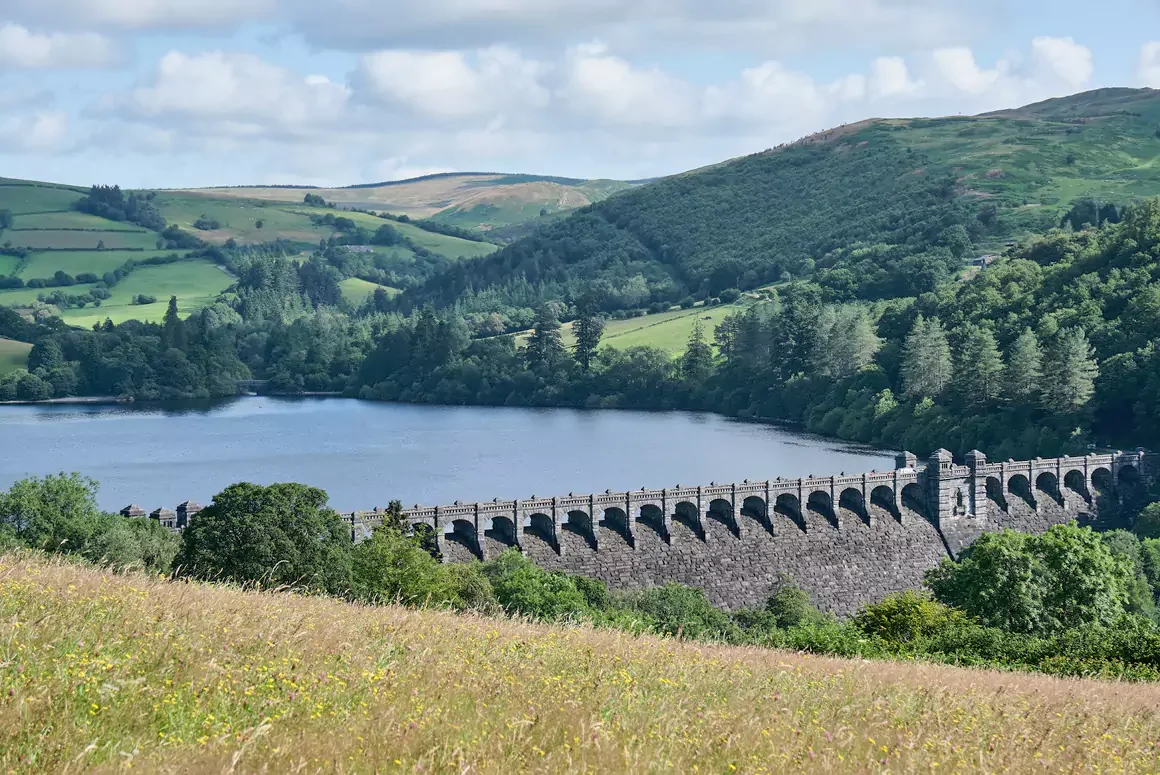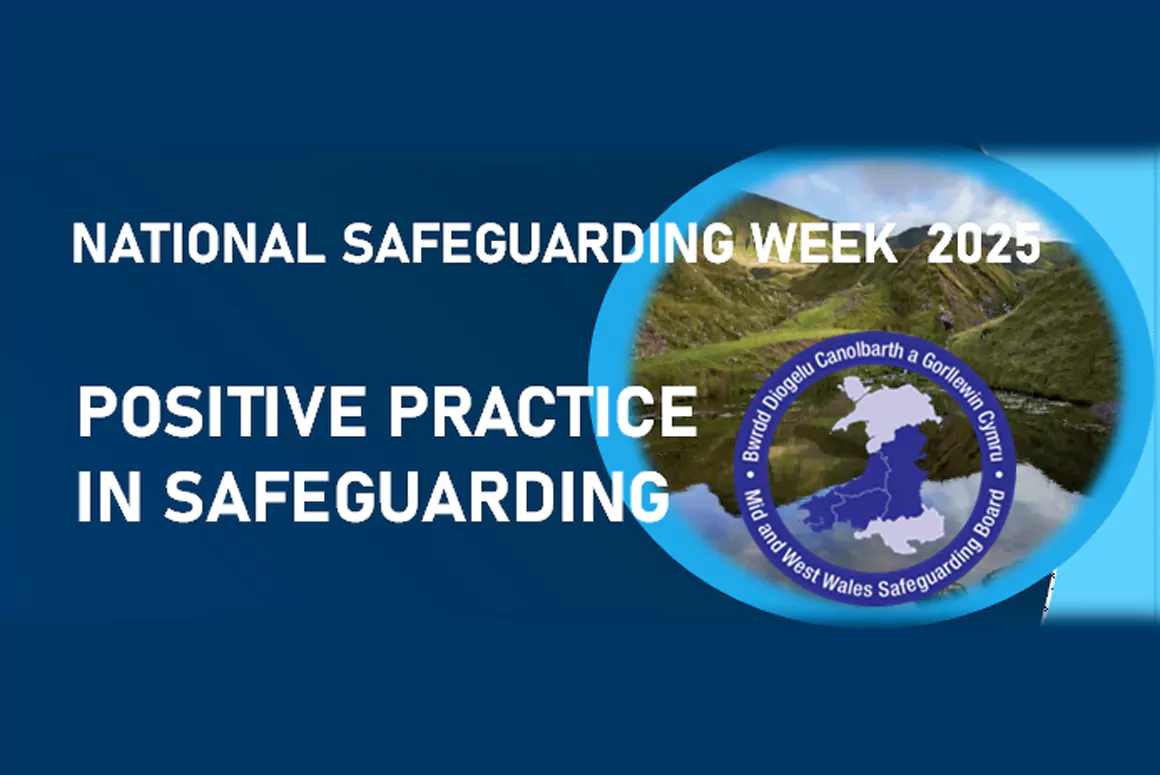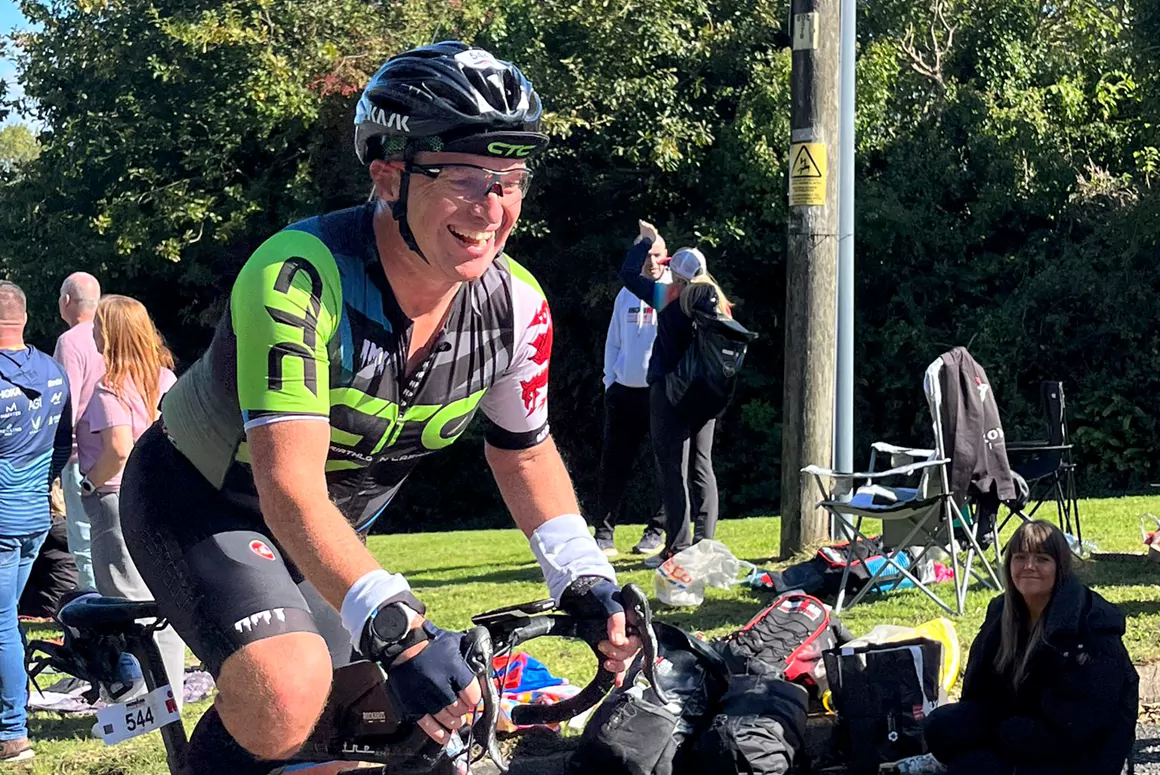Hafren Dyfrdwy believes that every drop of water tells a story — a journey that begins in our reservoirs and rivers and ends in a customer’s home.
The water company is proud to deliver clean and safe drinking water to homes across Powys and Wrexham and behind every glass of water is a complex, carefully managed process that takes up to 12 hours, and it all starts with the rain.
This just goes to show how precious a resource water is, and as demand increases, especially during warmer months, it’s more important than ever to use water wisely – from brushing teeth to watering gardens, every drop counts.
Craig Williams, Water Treatment Business Lead at Hafren Dyfrdwy, said:
“I’ve worked in water treatment for over 15 years, and every day I’m reminded of just how much effort goes into getting clean, safe water to our customers.
“Water flows into our reservoirs and rivers, and from there, we take great care in treating it — removing natural debris, filtering it, disinfecting it — until it’s ready to be used in a customer’s home.
“What many people don’t realise is that this journey takes around 12 hours, and it’s happening 24/7, all year round. We’re constantly monitoring and adjusting to ensure the highest quality.
“Water is something we all rely on, but it’s also something we must respect. It’s not just about what comes out of the tap — it’s about the journey it takes to get there, and the people working behind the scenes to make it happen.”
The full journey of water and how Hafren Dyfrdwy makes water safe for customers to use includes:
- Collection: Rain, hail, or snow falls on the landscape and filters into rivers, reservoirs and groundwater. In times of low river levels, our upland reservoirs become vital to maintaining supply while protecting the environment.
- Treatment: Water is pumped to one of our five treatment works in the region. Here, it undergoes a multi-stage process:
- Chemicals and air are added to bind and remove particles like mud and leaves.
- Water is filtered through sand beds — not once, but twice — to remove finer particles.
- Carbon beds absorb any remaining chemicals, leaving the water crystal clear.
- Chlorine is added and carefully monitored to eliminate bacteria, ensuring the water is safe to drink.
- Distribution: Once treated, the water is stored in large tanks before being pumped through a vast network of pipes to homes and businesses across the region.
- Return and Renewal: After use, water returns to us through the sewer system. It’s then cleaned at our wastewater treatment sites and safely returned to rivers, ready to begin the cycle again.
“It’s easy to take water for granted,” Craig added. “But when you understand the journey it takes — from the sky, through our treatment works, and into your home — you realise just how valuable it is.
“At Hafren Dyfrdwy, we’re committed to protecting this vital resource and ensuring it’s there for generations to come. By understanding the process, we hope our customers will join us in valuing and protecting every drop.”
It has been the driest March since 1944 and the fourth driest on record, and although there was rainfall in April across Wales, the warm dry conditions returned throughout May and June.
To help There are some simple steps that customers can take to make sure that water is being used in the right way this summer which are:
- Turn Off Taps When Not in Use – Did you know that a running tap uses over SIX litres of water every minute. So, by turning them off while you brush your teeth, you’ll be saving over 12 litres of water. Similarly, if you’re washing the dishes, filling the bowl with water rather than having a running tap will help to save water.
- Collect Rainwater – Water butts are a great way to store rainwater in your garden for you to use on plants and your grass. Your roof collects enough rainwater to fill a water butt 450 times a year, allowing you to ditch the hose and save hundreds of litres of water.
- Fix Leaks Promptly – We often find people tend to put off getting leaks fixed, yet even small leaks can waste significant amounts of water. So regularly check your taps, showerheads and toilets for leaks and repair them as soon as possible. For more information on leak-detecting, visit – www.hdcymru.co.uk/my-services/leakage/how-to-check-for-a-leak
- Use Water-Efficient Fixtures – We all love a refreshing shower, but some showers use A LOT more water than others, so consider installing water-saving devices such as efficient showerheads or dual-flush toilets which do the same job while using less water.
- Try a shower timer – Showers are one of the largest users of water in a household. And while you might love singing through your setlist while washing the suds out of your hair, a shower timer might just keep you on track to spend less time in there. Not only will that help lower you water bill, but it could also cut your energy bill – and your neighbour’s ears will also benefit!
- Run Full Loads – Dishwashers are much more energy and water efficient and can save even more water and energy by selecting cooler and shorter wash cycles and by only using them when it is full, can be more efficient than washing dishes by hand. Similarly, only using your washing machine on a full load will mean less cycles and less water used.
- Get a water meter – Once installed, most customers make a conscious effort to use less water once they switch to a water meter. The meters mean you’ll only ever pay for what you use, putting you in charge of your bills. To see if you can apply, visit – www.hdcymru.co.uk/my-account/my-water-meter/apply-for-a-water-meter
Hafren Dyfrdwy provides a water only service in Wrexham and parts of Denbighshire and Flintshire and both a water and wastewater service in Powys.
Feature image: Lake-Vyrnwy





